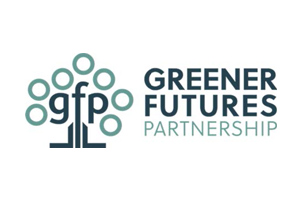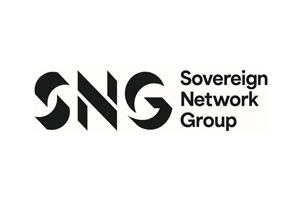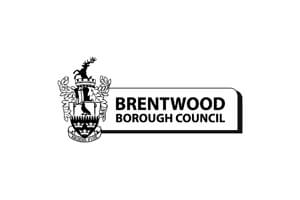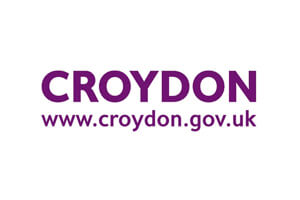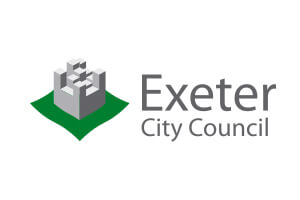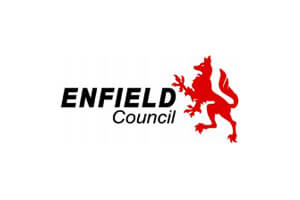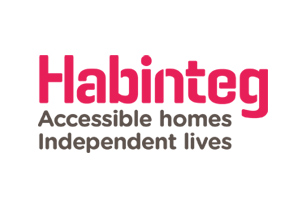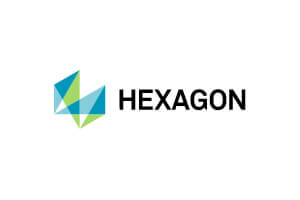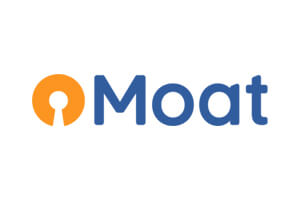Everything you need to know about tender evaluations under the Procurement Act 2023
In the second of our series of bite-sized thought leadership pieces on the new Procurement Act, which goes live on 24th February 2025, Echelon Group CEO Mathew Baxter talks through the tender evaluation process.
Tender evaluation has always been a critical part of the procurement process under the current regulations. However, the Procurement Act 2023 is going to place even more emphasis on the importance of a robust and transparent evaluation process.

Echelon Group CEO Mathew Baxter
The role of evaluation panels
It is essential that Contracting Authorities consider who is going to evaluate what at an early stage in the procurement process. They need to identify their evaluation panel, ensure all members are fully trained, and provide them with the necessary tools and time to undertake the evaluation.
Evaluators must be fully aware of the requirements of the Tender Assessment Summary (Chapter 50 (4) of the Act), where each bidder is provided with details of their scores and the winning bidder’s scores as part of the tender assessment summary. Although no comparison between bidders is required under the new Act, it is paramount that an accurate and meaningful narrative is provided against each question to support the score.
Echelon’s view is that tenants should be included as part of the evaluation team for works and services that directly affect them. We have always actively encouraged clients to do this, but additional consideration will need to be given to how tenants are supported throughout the process.
Echelon’s approach is to allocate a dedicated project manager to every procurement process. The role of the project manager includes supporting the evaluation panel at all stages of the process, and comprehensive training is always given throughout the process.
Critical to the success of the evaluation process is the moderation of the individual scores from panel members which, in my opinion, should be a facilitated process.
We are also currently co-creating a “Tenant Involvement in Procurement Toolkit” with Tpas that will be launched in the Spring.
Transparency
As it stands, many Contracting Authorities do not identify who is on their evaluation panel, but there will be an increased focus on transparency under the new regulations, and rightly so.
In my view, there needs to be more transparency, so that when suppliers are constructing their responses, they have an awareness of who will be evaluating them.
Clarity of evaluation criteria
It is crucial that clear scoring criteria and precise wording are used in the evaluation process, and that there is no room for ambiguity.
Echelon has a highly developed zero-to-five scoring system, with a clear distinction between each score, that we’ve been using for several years, and we believe it works very well.
Our evaluators score their questions in isolation, and after collating all scores and comments we facilitate a moderation session with all evaluators, where we run through the individual scores and seek consensus. So, if there is a score that’s polarised the evaluation panel, and it doesn’t happen that often, we’re able to understand why and then reach a consensus.
We don’t and never have used averages, and neither should you (as supported by recent case law (Bromcom Computers Plc -v- United Learning Trust [2022])). We will always achieve a consensus score based on the moderation session.
Feedback
It is also important to make sure that there’s very clear notetaking throughout the evaluation process. This outlines the narrative behind the scores, and essentially supports the numbers, and this is vital for giving accurate feedback.
As mentioned above, Chapter 50(4) of the Act states that all bidders will be provided with a Tender Assessment Summary, with details of their scores and comments, as well as the scores and comments for the successful bidder. Bidders will scrutinise the feedback provided at this stage and Contracting Authorities will need to ensure the clarity and accuracy of these summaries or potentially open themselves up to challenge.
Delivering clear outcomes
In conclusion, the Procurement Act 2023 aims to improve transparency and ensure a robust and well-documented evaluation process that delivers clear outcomes. This will involve many organisations rethinking the process(es) they adopt for evaluating tenders and this is going to be a critical success factor as we enter the new Act.







